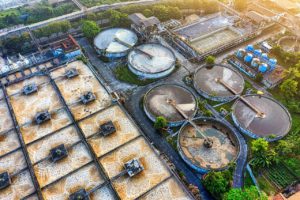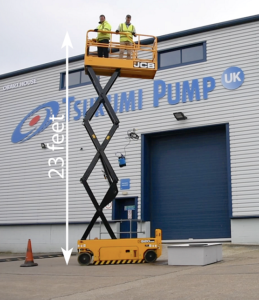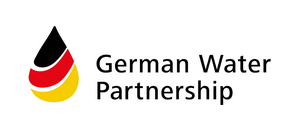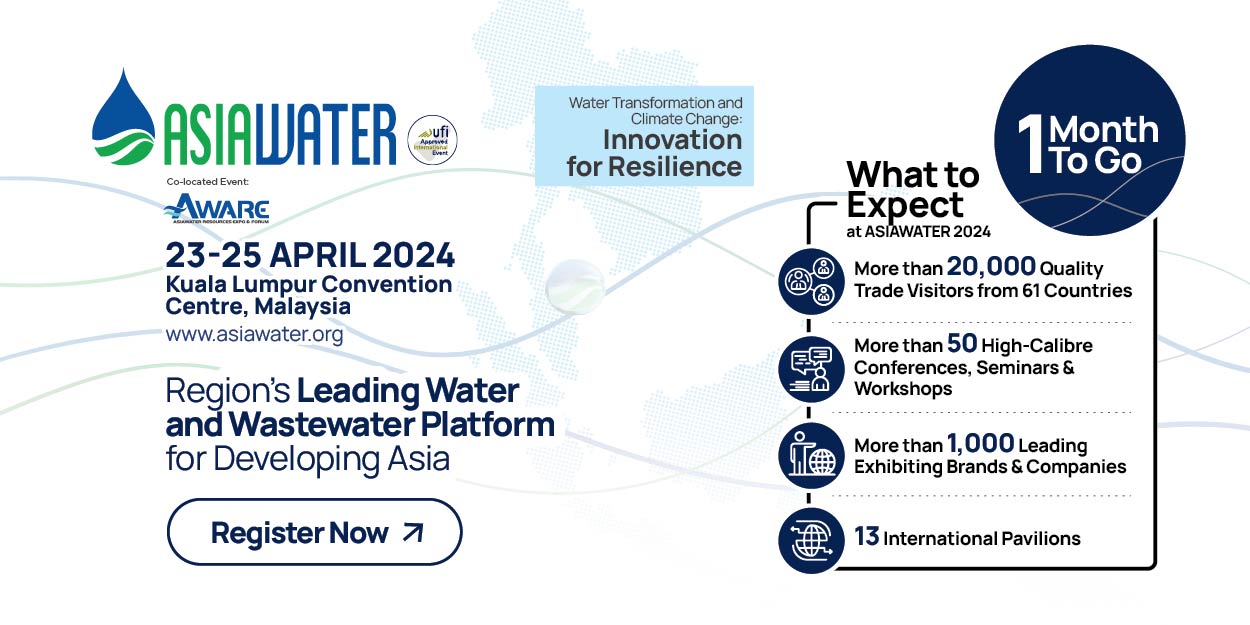Hydraulic Institute Conducts Canvass for Participants in ANSI Approved Slurry Pump Standards
PARSIPPANY, NJ, January 31, 2002 - The Hydraulic Institute (HI), under the approval of the American National Standards Institute (ANSI), is seeking qualified participants for the review and approval of new standards for abrasive slurry handling pumps.
Individuals and organizations directly and materially affected by these standards and interested in reviewing the drafts are invited to contact HI. These parties include pump users and specifiers, producers, standards developers, government agencies and general interest groups. HI will assemble a canvass list of all interested parties wishing to review the drafts and will submit this list to ANSI to meet its open canvass requirements.
The scope of the HI Slurry Pump Standards is limited to rotodynamic (centrifugal and vertical) pumps of all industrial types (except vertical multistage diffuser pumps) that handle abrasive slurries. It includes types and nomenclature, definitions, design and application, installation, operation and maintenance, and testing. Wastewater pumps are not included. The standards are expected to be completed and published by year-end 2002.
"Establishing standards for slurry pumps is more involved than for other rotodynamic pumps. There are more variables to consider, such as the size, hardness, abrasiveness and density of the particles being transported," explained Gregg Romanyshyn, Technical Director for HI.
"In turn, there are many applications for slurry pumps that users' specifications will vary significantly. For example, slurry pumps used in the paper and pulp industry behave differently than those used in the chemical industry. We encourage participation in the ANSI canvass to ensure that the new standards we establish will reflect different user requirements," he added.
HI periodically introduces new standards based on industry needs. The 2000 Edition of ANSI/HI Standards comprises over 1250 pages and 22 documents. Submersible Pump has been through ANSI canvass, but needs final review and ANSI approval. Centrifugal and Vertical Nozzle Load Standards are two new recently published standards.
The 85-year old Hydraulic Institute, the largest association of pump producers in North America, serves member companies and pump users by providing product standards, and forums for the exchange of industry information.
To participate in the HI/ANSI canvass, contact Gregg Romanyshyn, HI Technical Director, Hydraulic Institute, 9 Sylvan Way, Parsippany, NJ 07054, or call (973) 267-9700. For more information on the Hydraulic Institute, visit the HI web site at www.pumps.org. Visitors to the site are invited to sign the HI Guest Book for future notices of new standards, on-going energy savings tips and updates on educational offerings.
Source: Hydraulic Institute Inc.







